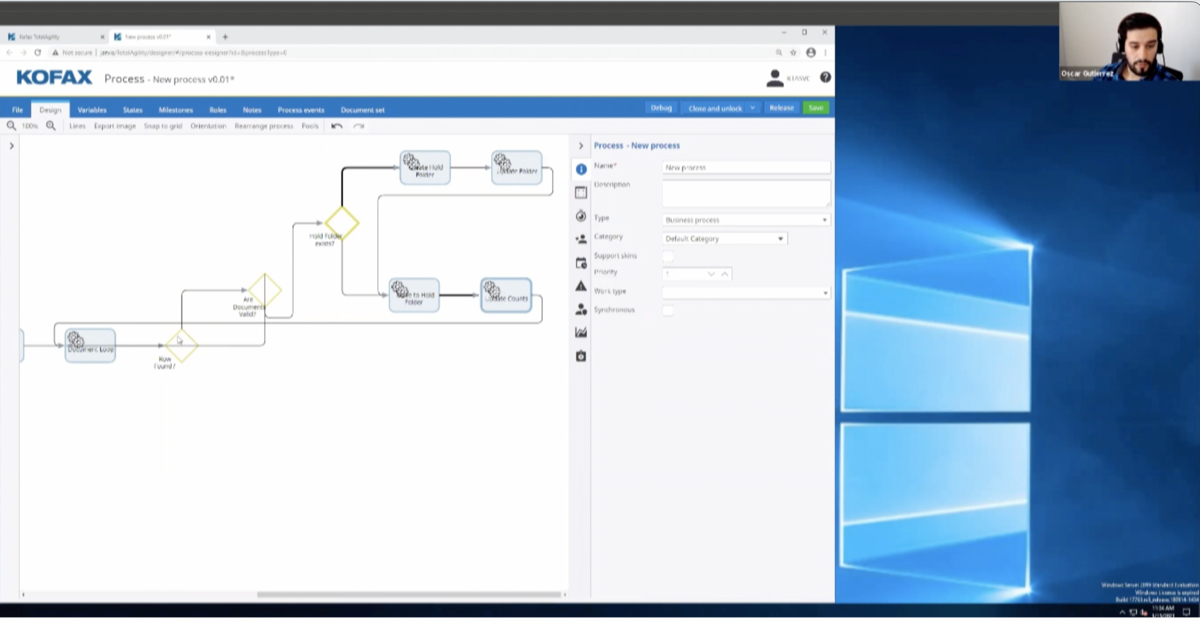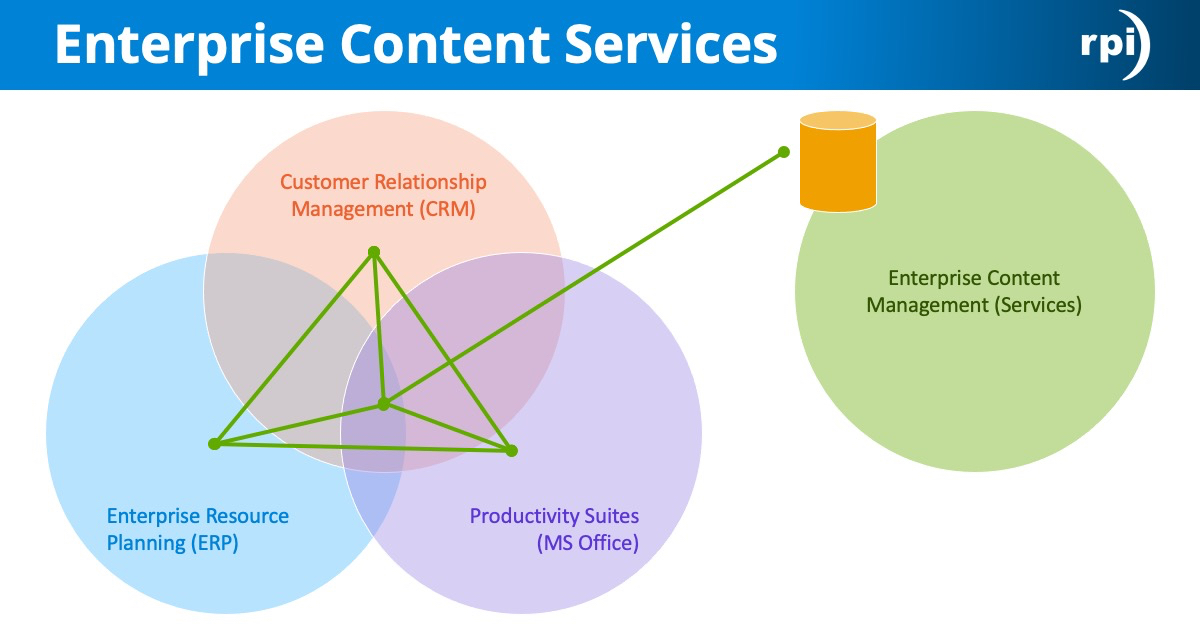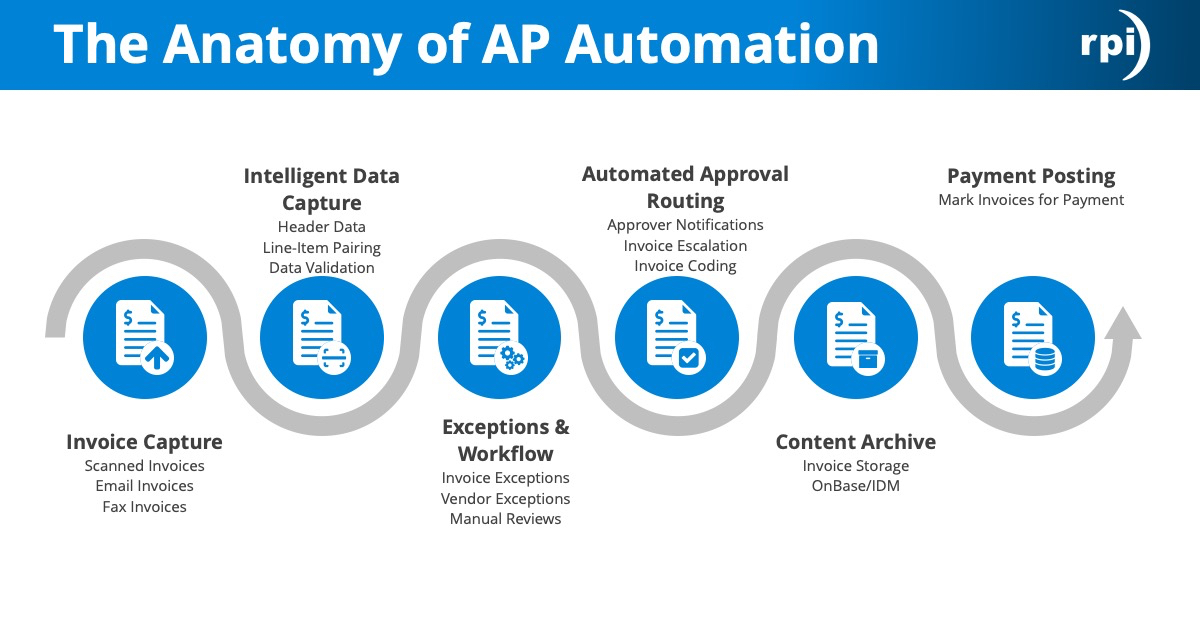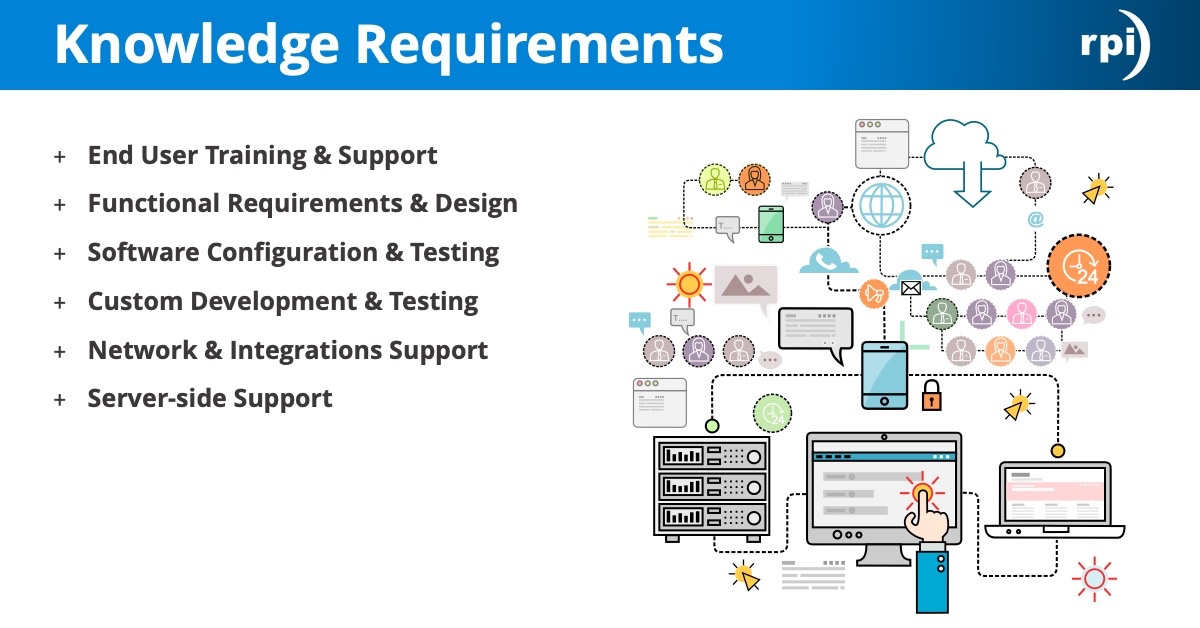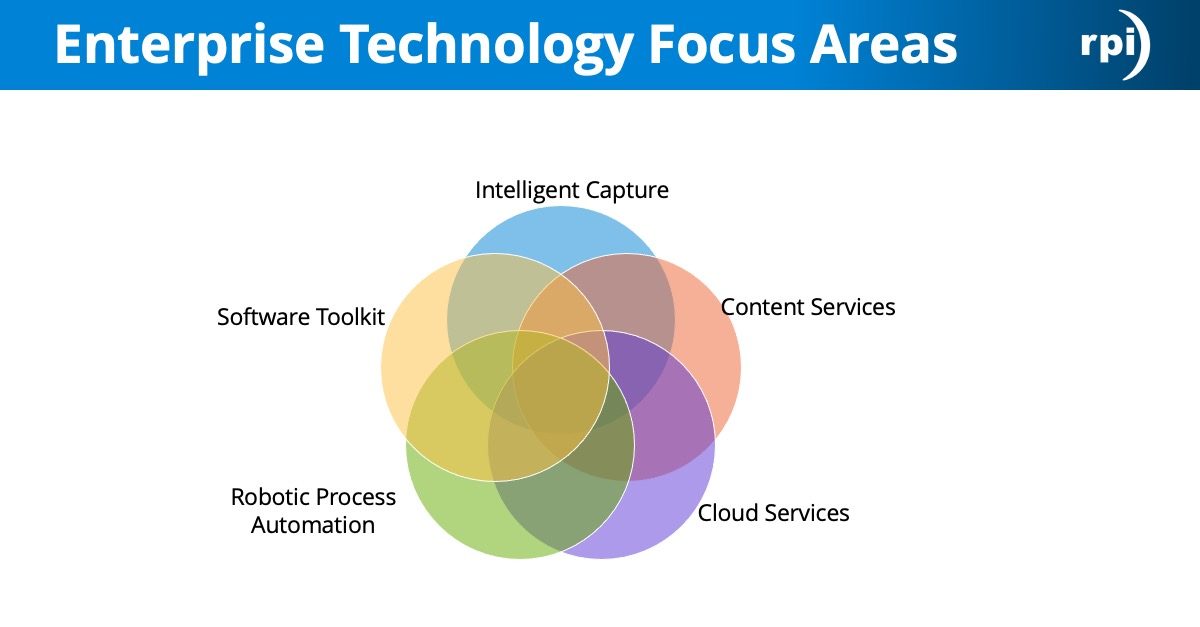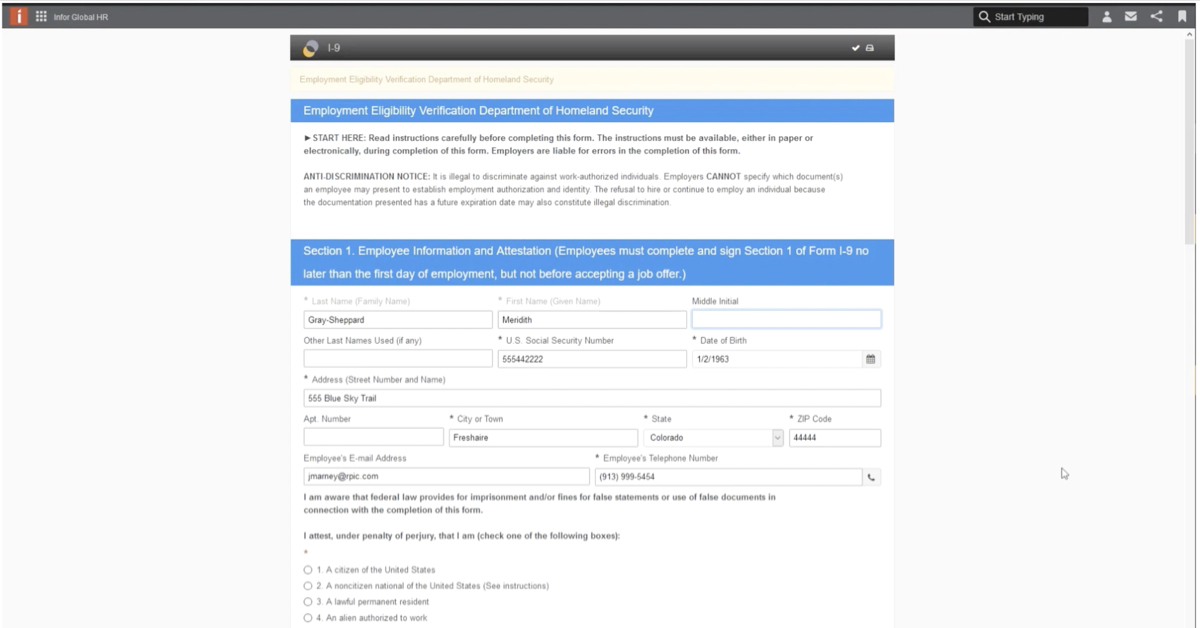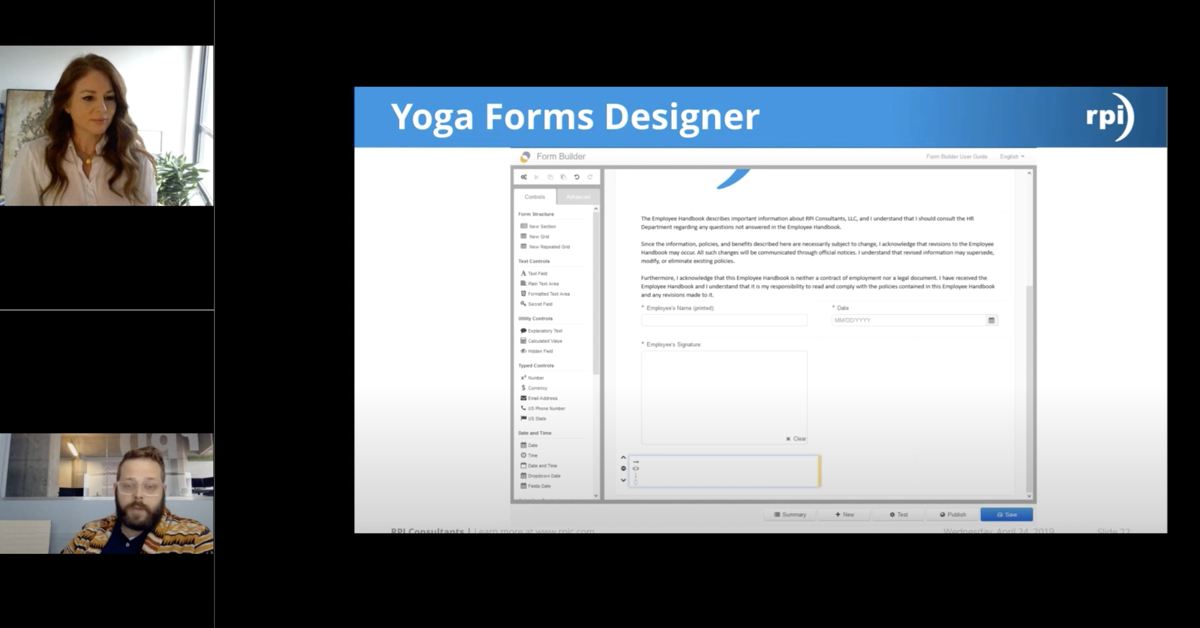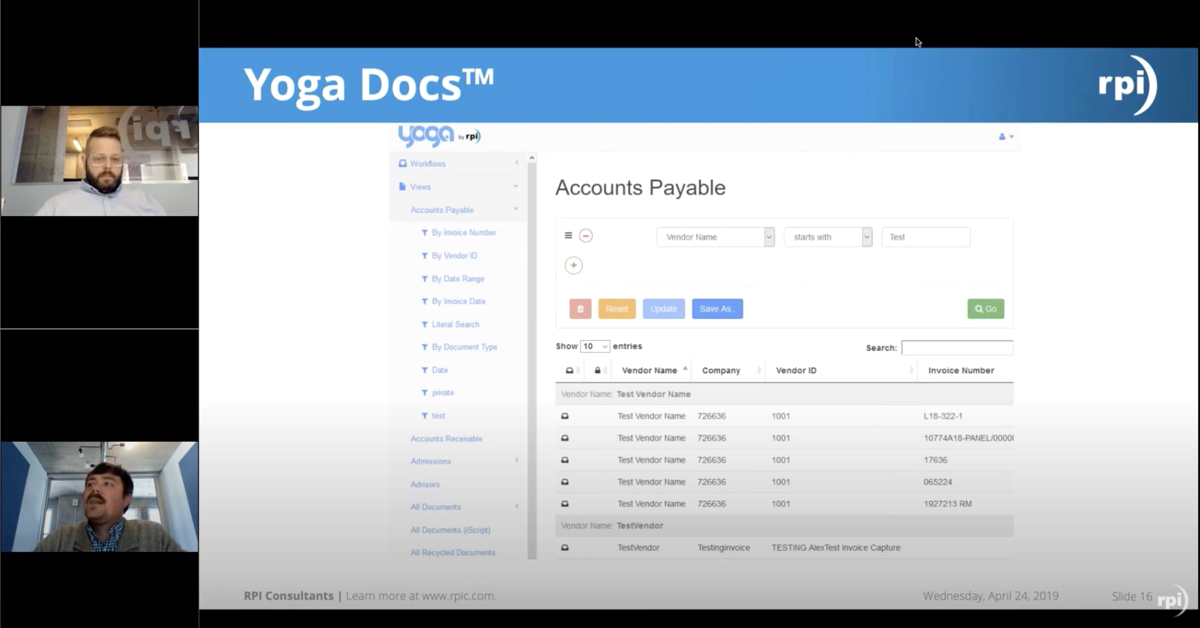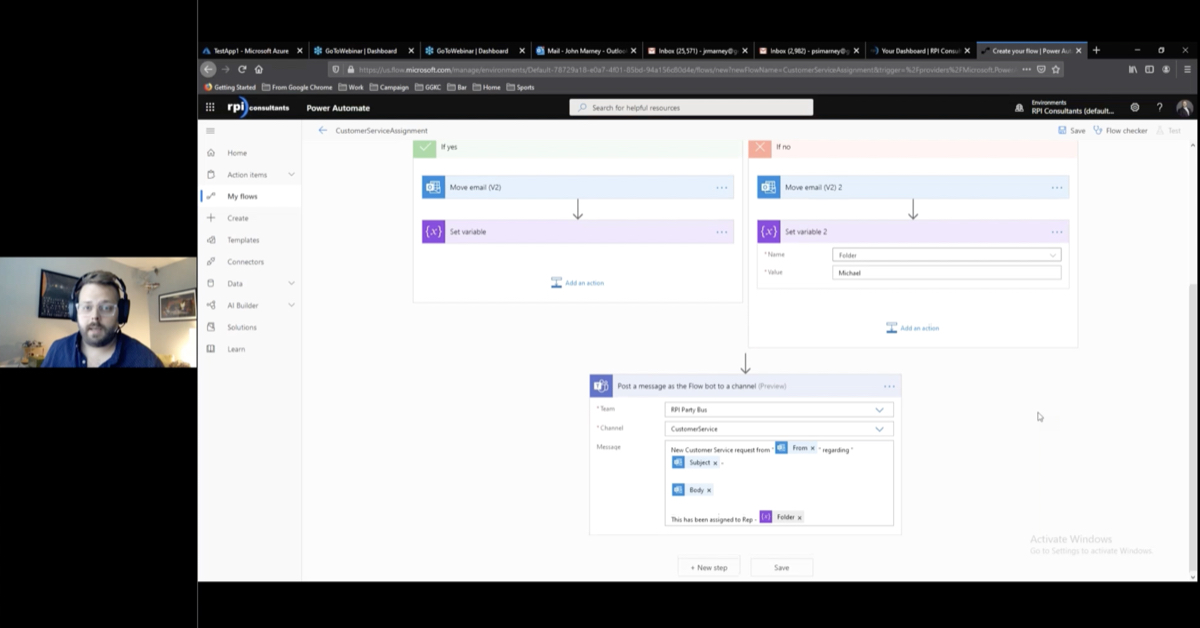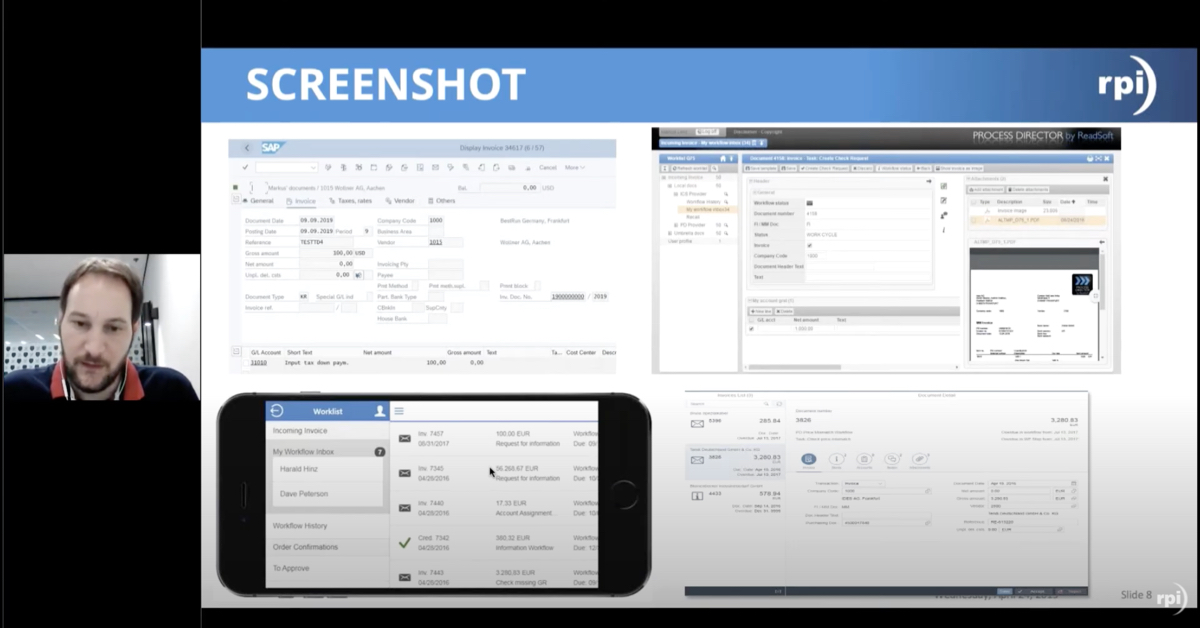Speaker 1:
Welcome to the Tech Pro Unicorn podcast brought to you by RPI consultants. A podcast about the magic of digital transformation through technology. Each week, we’ll cover topics related to ERP, RPA, business transformation, leadership, healthcare, and unicorns.
Michael:
All right. Welcome to Tech Pro Unicorn podcast Series Two, here in March. And we are joined by my guest Keith Wayland, who’s the managing partner at RPI. Welcome Keith.
Keith Wayland:
Thank you. Happy to be here.
Michael:
Awesome. If you could just take a moment and introduce yourself a little bit further for the audience.
Keith Wayland:
Sure, absolutely. My name is Keith Wayland, I’m a managing partner at RPI Consultants. I’ve been in the ERP space for just over 20 years now, specifically in professional services mostly related to Infor CloudSuite and Lawson.
Michael:
Awesome. Well, welcome. Thanks for taking the time. Today, we’d like to talk a little bit about CloudSuite, I know it’s something that really the masses are now starting to turn their attention to and really starting to make an effort to move towards. So, if you don’t mind, I’d like to pick your brain and get some of your experience.
Michael:
And we’ll start with asking, really, how is CloudSuite making a difference? What’s the difference between CloudSuite versus Version 10?
Keith Wayland:
Sure. So I’m going to assume that we’ll have some listeners that are familiar with Lawson, which is a ERP system that started in the mid ’70s and some that are potentially not. And I guess the biggest thing in CloudSuite it is part of the new wave of ERP software. And potentially two of the most critical elements of that are that it is SAS software, and what that really means is that there are a lot of folks sharing a single instance, kind of that Amazon experience and everybody’s sort of working off the same platform and that has some key long-term consequences. And the second is the way that it’s built is it’s sort of a modern coding infrastructure which allows it to be more nimble in terms of its updates and evolution, and scalability.
Michael:
Awesome. So it’s similar to maybe what other users are familiar with cloud systems? I saw a great quote somewhere and somebody said, “Cloud isn’t some mysterious thing, it’s really just somebody else’s computer.” And so-
Keith Wayland:
So it is-
Michael:
Yes.
Keith Wayland:
Go ahead.
Michael:
Go ahead.
Keith Wayland:
In a sense that it’s been true in certain cases where they put it on somebody else’s computer and call it cloud, but true cloud is what they call multitenant where we’re all sharing the same core platform that we’re working on. And CloudSuite is true cloud, not pretend cloud, if you will.
Michael:
Awesome. Okay. And what would you say the key benefits are that customers get when they move to the multitenant cloud?
Keith Wayland:
So I think there’s three major ones. The first is that the folks that build CloudSuite along with probably a lot of the other current generation of ERP systems are the ones that worked on ERP implementations in the ’90s and early 2000. And when you’re building something from the ground up, based on your experiences implementing out of the field, you take into account the challenges that you had. So it is fundamentally more flexible and it adapts to some of the needs that are out there in the market. So right out of the box, the functionality is more robust, there’s less bolt-ons to cover gaps and it offers core flexibility in the things that really matter in terms of how you track the financials and HR structures of your business. So I’d say that’s number one.
Keith Wayland:
Number two is partly an Infor strategy, that it is a complete software package. So when you move to CloudSuite, you don’t own certain modules and then consider whether you need others, you get this full bundle of functionality. And it’s not just the modules, it’s embedded workflow, so what that means is that when you look at certain things that might assist your organization like invoice approvals, they’re coming out of the box. Which leads me into the third, which is that it’s a lot more process than transactional driven. So when you look at old-school ERPs, they’ll have the ability to retain information for an invoice and process of payment, but in an organization, an invoice is a document that needs to get routed somewhere for approval and coding, and for many years we’ve been doing that with third-party systems. And here this comes delivered, that functionality, that workflow, that document integration. And so I think there’s a lot of benefits there.
Keith Wayland:
And I know I said three, but I think there’s another one that comes long-term that comes from the multitenant and that is when you have a community of folks that are all on the same version and iteration and underlying infrastructure of a system, then that shared knowledge becomes a lot more powerful. Right now, when you look at the older ERP systems, they tend to have a very diverse set of footprints and versioning and customization and it’s hard to roll over things that worked in one organization to another.
Michael:
Awesome. I think some people are going to miss the qualifying conversation before you can have a real conversation, right? Like what version are you on? Are you on [inaudible 00:05:52]? Are you in the cloud? Are you IBM? Are you-
Keith Wayland:
I won’t miss it.
Michael:
Yeah. You ask a whole bunch of questions that really have nothing to do but just figure out whether or not you’re the same or not. So, that’ll be great.
Keith Wayland:
Because I think the reality is still those conversations happen because so often you would try to reproduce something that worked in one location and run into issues because of those specifics.
Michael:
Right. It works for one but not for another, yep. Why would now be the time? There’s so much going on out there in every organization, but why is now a kind of… What’s the drivers, I guess, if you will, of why people should really move to CloudSuite now or at least start planning for it?
Keith Wayland:
One of the really interesting things about ERP is that they are incredibly sticky. It’s a major organizational effort in terms of resources and costs to implement an ERP system, it’s disruptive to your operations. And so when you look at implementing, you’re looking at not something that you’re doing for next year or the year after that, you’re looking at a 20 to 25 year plan, that’s the average life cycle of an ERP system. So I think that there was a very large wave of ERP implementations, I don’t think there was in the late ’90s leading up to Y2K. And if you look at lots of customer base but also Oracle PeopleSoft, et cetera, they’ve been on about 20, 25 years, they’ve absorbed those costs, they’ve capitalized it, they implemented their ERP for their needs in the late ’90s based on the functionality and limitations that work today.
Keith Wayland:
So I think that the reason to do it now is because it’s there and it’s available and it’s such a significantly [inaudible 00:00:07:37]. I think if there was anything like what we’re doing today in the late ’90s or early 2000s, it would have been what people would have been implementing. And I think that the longer you wait, the more you’re shortchanging yourself. That said, these are big organizational efforts and I definitely am not saying that you should just next week say, “Okay, let’s go do this.” Right?
Michael:
Right.
Keith Wayland:
Appropriate planning and making sure that it has enough of a priority in an organization are really important. One of the things that concern me is an organization that was doing a migration, a large CloudSuite implementation and that project was not listed in the top 20 most important projects for the executive office. And so that’s definitely not the way you would approach it. And I’d say if your organization has things, other priorities at the moment, then do those, make sure that you’re going to get the attention of the executive sponsors because there’s decisions that are going to get made that are going to affect your ability to compete 10 years from now.
Michael:
Right. Okay. That’s great. There seems to obviously be a key driver there. You mentioned pre-planning, which leads into kind of my next questioning. And I know we’ve done a couple of webinars and such talking about pre-planning, could you explain maybe just a little bit about what pre-planning is and why it’s important? I know that we’ve talked about what you can do now is kind of the question we always get from our customers, like, “Are we going to budget for that? But what could we be doing now?” And we always talk about pre-planning. So if you could tell the guests maybe a little bit about what that is and why it’s important.
Keith Wayland:
Absolutely. So it dovetails nicely into what we’re talking about, this being major efforts. And pre-planning is about scoping and understanding what a successful outcome is going to look like in your organization. So it’s everything from what is the correct timing and order and resource allocation and who and how you’re going to partner strategically to accomplish this to also it’s an education exercise. It is important to have vested business owners in this process, there’s value to them it’s just that it hasn’t always been communicated in a way that they understand what it is that they can get out of this, right?
Michael:
Right.
Keith Wayland:
Like you want to create awareness of the value that it’s going to derive for the CHRO, the CFO, the VP of supply chain, make sure that they understand what’s on the other side and why this is worth it and why it’s worth doing right.
Michael:
Awesome. It seems to me like it almost has aspects of a selection, like really thinking about what are our business requirements. How would you compare and contrast a pre-planning exercise and a selection?
Keith Wayland:
So I think a pre-planning exercise can assist with a selection. I assume when you’re saying selection you mean in terms of trying to evaluate what ERP is the right solution-
Michael:
Exactly.
Keith Wayland:
… going forward for your organization. And I think that in some cases, a pre-planning exercise will lead an organization to understand the scale and magnitude of implementing CloudSuite and potential to go and look at what are the alternatives in terms of the outcomes that are out there. It would be presumptuous of me to say that CloudSuite is the best solution for every organization in the world and every industry. However, I do feel like there is a lot to be gained from the internal intellectual capital of organization, and an organization that knows Lawson in and out is well-positioned to take advantage of CloudSuite.
Michael:
Awesome. Which kind of leads, sorry, which kind of leads, really, into another question that I had. When you look at RPI, a firm that’s experiencing some pretty rapid growth, over 30% last year, continuing to grow this year, larger projects, larger clients and really kind of becoming CloudSuite specialized, why just CloudSuite? Why are we focused so heavily on Infor CloudSuite? Why not CloudSuite, Workday, Oracle, why not try to be everything to everybody, and how do you think that sets us at an advantage?
Keith Wayland:
So I’m going to answer this humbly. The real reason is because there’s a limited amount of resources that we have to expand. And in order to do a good job for the opportunities that are in front of us, right now we need to focus those resources on Infor CloudSuite. I’m going to say a couple of things about this that I think are important. One is these projects are not for those of you that are from the Lawson industry, they’re not like Lawson [inaudible 00:12:44]. CloudSuite is more robust, more complex software, and you need to have a very diverse set of skills and knowledge basis in order to do them successfully. And one of the things that we found is that you get to a certain scale, you’re working on many of these implementations at once, and there’s a lot of cross information that our consultants learn and share and support throughout that. And I think doing one by itself would be very challenging, I assume it’s likewise for Workday and some of these others.
Keith Wayland:
So, right now, the reality is that the resources we have we need to focus on maximizing the return for our customers.
Michael:
Awesome. And I’m going to surprise you with a question and just ask, we’re currently really focused a little bit on building out our change management, and we just made a pretty great hire there, can you talk about just the value of change management in these larger projects versus say an upgrade?
Keith Wayland:
So, absolutely. I like to look at the types of products that historically have been done in the Lawson Infor CloudSuite space, really in sort of two main categories. When you look at an upgrade, the goal is to be non-disruptive, you want to minimize the disruption to the end user. Whether you are upgrading versions or migrating servers, you want to hold their hands through, this is when we’re going to get an opportunity for validation, we’re going to tell you what the differences are, hey, this little box is changing here.
Keith Wayland:
When you’re looking at CloudSuite, it is by definition disruptive. It’s basically an implementation of a new ERP, and it’s going to affect all the operations. And so that people aspect becomes really important. And I’d love to say that we had the foresight five years ago to say these products are going to have a much heavier require in change management, but we’re living it. We’re seeing it in our customers and so it’s grown organically, first internally from within our PMO and some of their expertise and now we’re very fortunate to have Kate Carski who’s going to head up that practice for us. But change management to us is not a service growth opportunity, it’s a way to ensure that we have successful outcomes. Because that’s really our true strategy, is to have happy referenceable customers so that we continue to have opportunities in the future.
Michael:
That’s awesome. I appreciate that. Well, I think we covered what I needed to cover. I thank you again for your time and joining us from our Baltimore office. For those of you listening that want more information about Keith or RPI, the best place is probably www.rpic.com. And if you want to follow the craziness happening around a unicorn, that is techprounicorn.com. So thanks, Keith. I’ll let you go and I appreciate your time.
Keith Wayland:
Thank you, Michael. I really appreciate it.
Michael:
Absolutely. Thank you, sir.
Speaker 1:
Thanks for joining us this week on the Tech Pro Unicorn podcast. Make sure to visit our website at www.techprounicorn.com where you can subscribe to the show and catch our latest blog articles. While you’re at it, if you found value in this show, we’d appreciate a rating on iTunes. Be sure to tune in next week for our next episode. Remember unicorns represent the magic of digital transformation that occurs when business process is enabled with technology.

